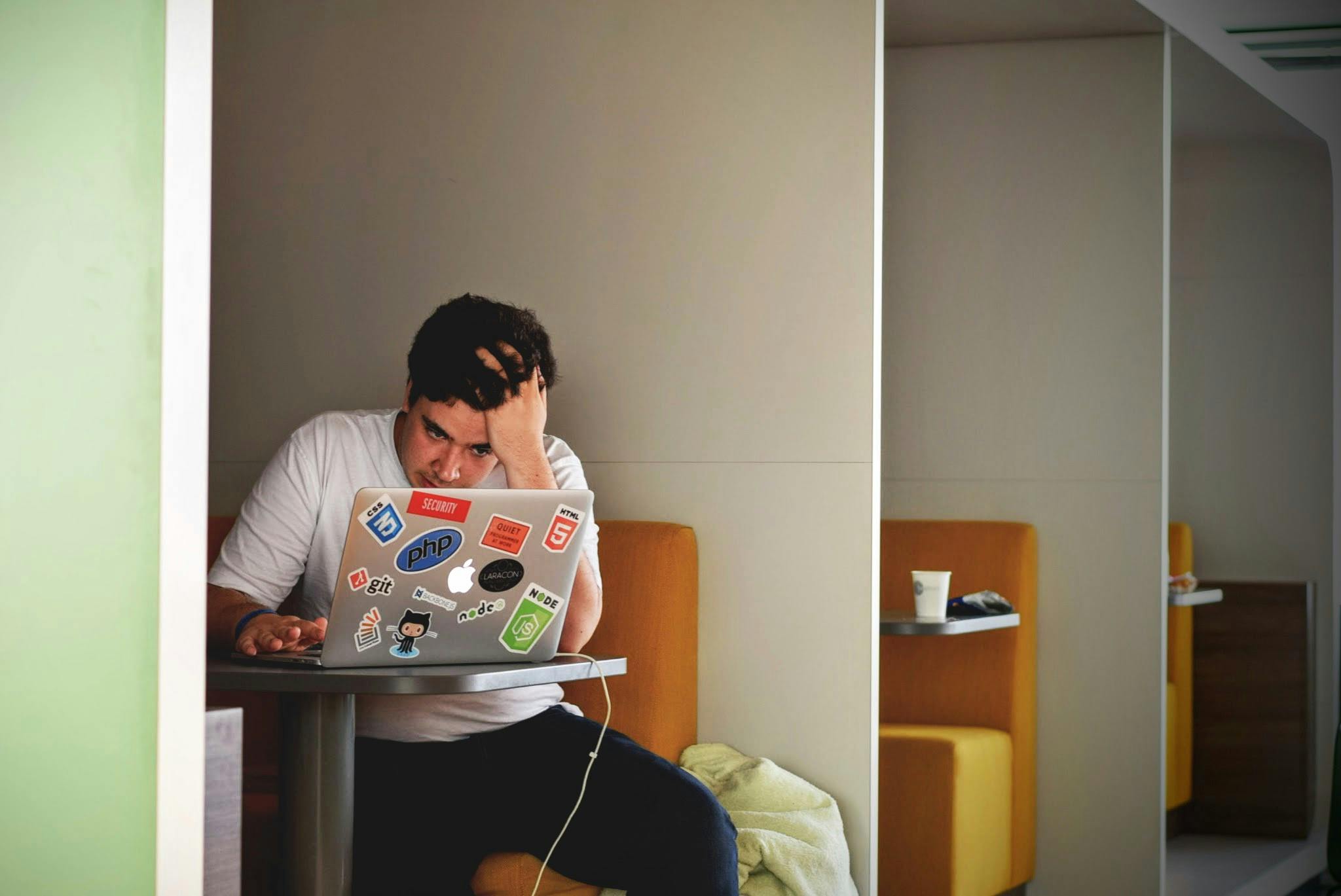"I feel exhausted," said Lee, an IT worker in Seoul. Her workday begins at 9:30 a.m. and often ends at midnight. Each day, Lee receives around 200 messages, participates in numerous meetings, and engages in continuous teamwork. Evenings are her only personal time.
This situation is not uncommon in South Korea. Microsoft's 2025 Work Trend Index report indicates that many employees face "endless workdays" starting before dawn and lasting late into the night.
Many young people feel physically and mentally drained. Lee said if one day is overwhelming, she often leaves the office early the next day to rest. Although her company allows working from home, she still feels implicit pressure from her boss. "The workload is too much, and the commute adds to the fatigue," she said.
Traditional work culture is disappointing Gen Z. According to a survey by Deloitte, one of the world's four largest accounting and consulting firms, 94% of young people prioritize work-life balance over career advancement.
 |
Illustration: Pexels |
Illustration: Pexels
Sal, 24, an office worker in New York City, said young people are facing new obstacles like declining mental health and stagnant wages amid rising living costs.
Despite this, they still have to work long hours under the old model, without the benefits of previous generations. "Many people my age often switch jobs due to overload or lack of long-term prospects," Sal said.
In his first year of work, Sal had to see a therapist due to the heavy workload. He was constantly stressed, despite considering himself more fortunate than many of his peers. Eventually, Sal was diagnosed with generalized anxiety disorder.
In South Korea, a country known for its long working hours, Gen Z is also rejecting this lifestyle. Lee said her generation's excessive overtime is not a sign of diligence but rather poor time management.
For some, working overtime is unavoidable, while others endure it to leave the office sooner.
Jane, a marketing employee in Toronto, Canada, is working two full-time jobs to escape employment before the age of 30. She works 70 hours a week, including a marketing management shift from 9 a.m. to 5 p.m. and a customer service role from 5 p.m. to 11 p.m., both remotely.
She had such a bad internship experience in college that she doesn't want to work until she's 65. Management expected employees to treat work as their entire life.
While working in marketing for another company, Jane frequently had meetings outside of working hours, was reprimanded for leaving the office on time, and had to answer messages on her days off, including Christmas.
This pressure caused her anxiety, insomnia, and depression, leading her to realize that the work style was wrong. Since starting work, Jane has experienced burnout multiple times, but now she sets clear boundaries, avoids overtime, and spends time with loved ones.
Jane asserts that the only way to escape burnout is to leave the company because the stressful environment prevents employees from protecting their mental health.
"I work to live, not live to work," she emphasized.
Ngoc Ngan (The Guardian)












